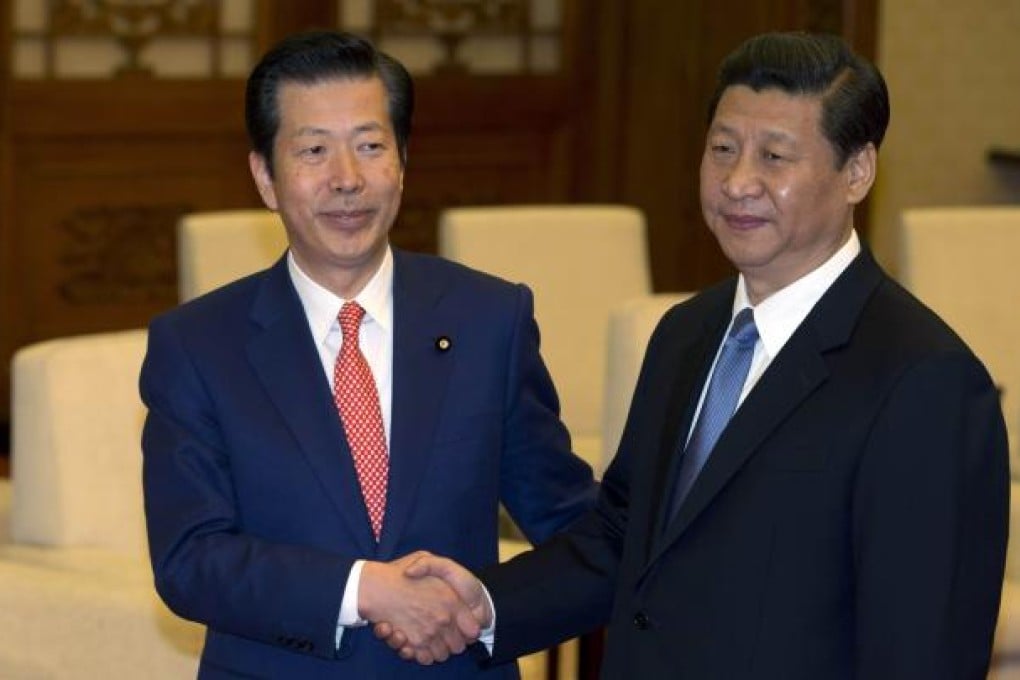The major power shift at play in East Asia must not end in war
Yoon Young-kwan says the parallels between today's East Asia and volatile 19th-century Europe should persuade leaders to redouble efforts for peace

Whether East Asia's politicians and pundits like it or not, the region's international relations are more akin to 19th-century European balance-of-power politics than to the stable Europe of today. Witness East Asia's rising nationalism, territorial disputes, and lack of effective institutional mechanisms for security co-operation.
While economic interdependence among China, Japan, South Korea, and the members of the Association of Southeast Asian Nations continues to deepen, their diplomatic relations are as burdened by rivalry and mistrust as relations among European countries were in the years prior to the first world war.
One common characteristic, then and now, is a power shift. Back then, Britain's relative power was in decline, while Germany's had been rising. Similarly, at least in terms of economic capability, the United States and Japan seem to have begun a process of decline relative to China.
Major power shifts define eras in which leaders are likely to make serious foreign-policy mistakes. Indeed, poor management of international relations at such junctures has often led to major wars.
Historically, rising powers tend to become too confident too soon, leading them to behave imprudently, which frightens their neighbours. For example, Kaiser Wilhelm II dismissed Otto von Bismarck as chancellor in 1890, less than 20 years after the formation of the Second Reich, and began to destroy Bismarck's alliance network. His rough diplomacy frightened France, Britain and Russia, making it easier for them to unite against Germany.
China's new diplomatic assertiveness recalled that of Wilhelmine Germany. In both cases, insecurity resulted not from an external threat, but from top policymakers' own actions.